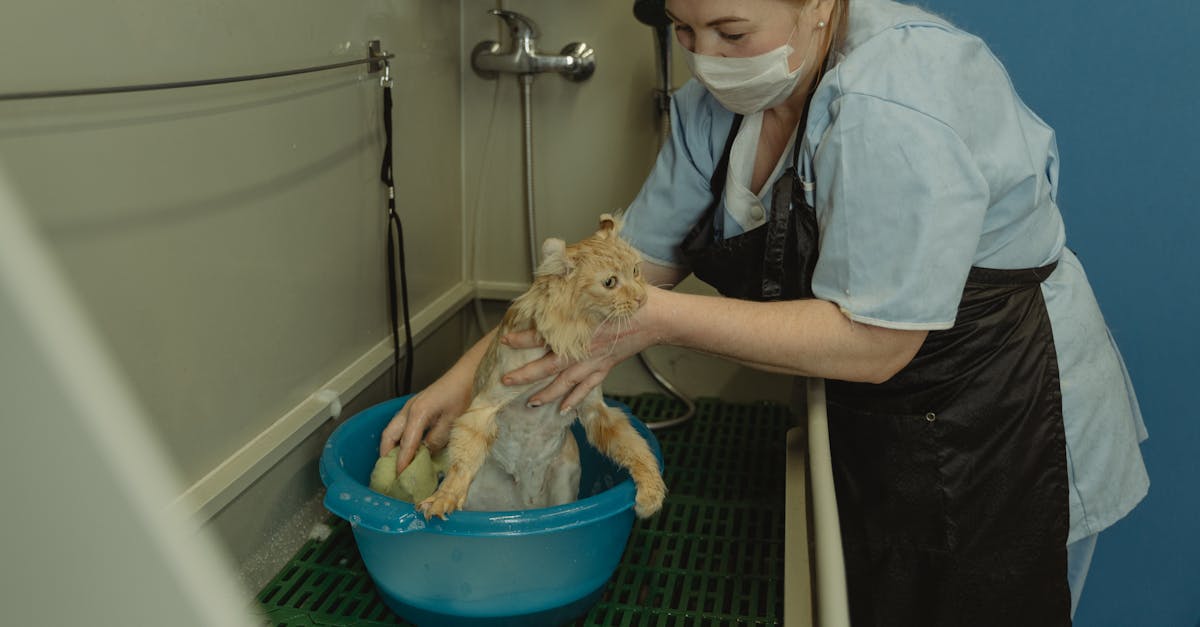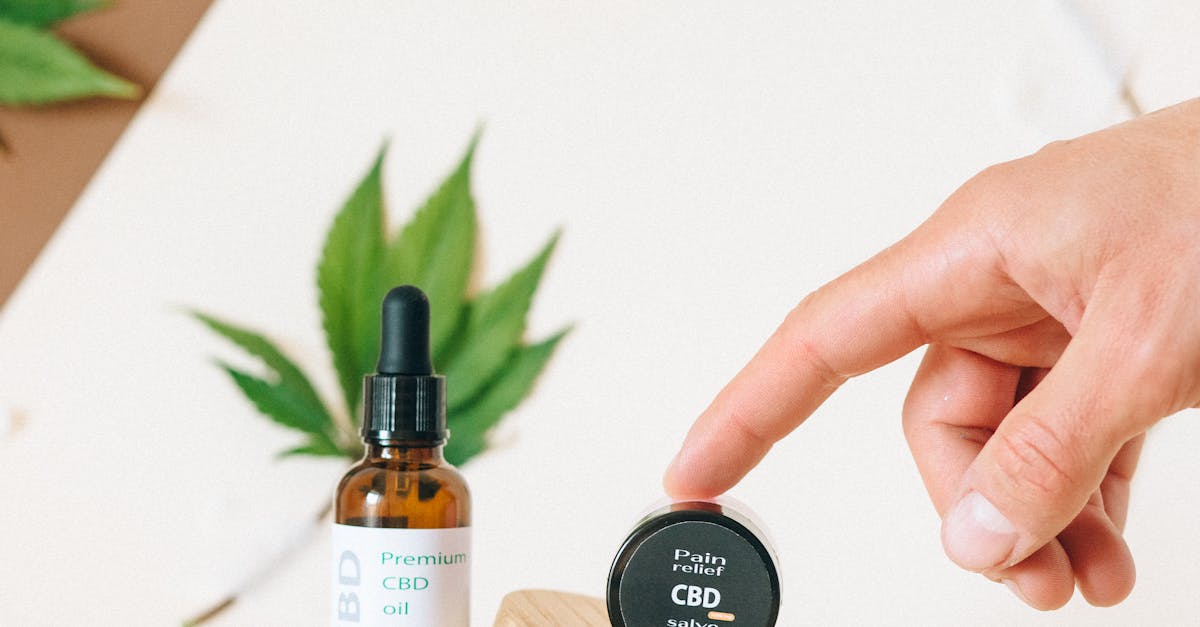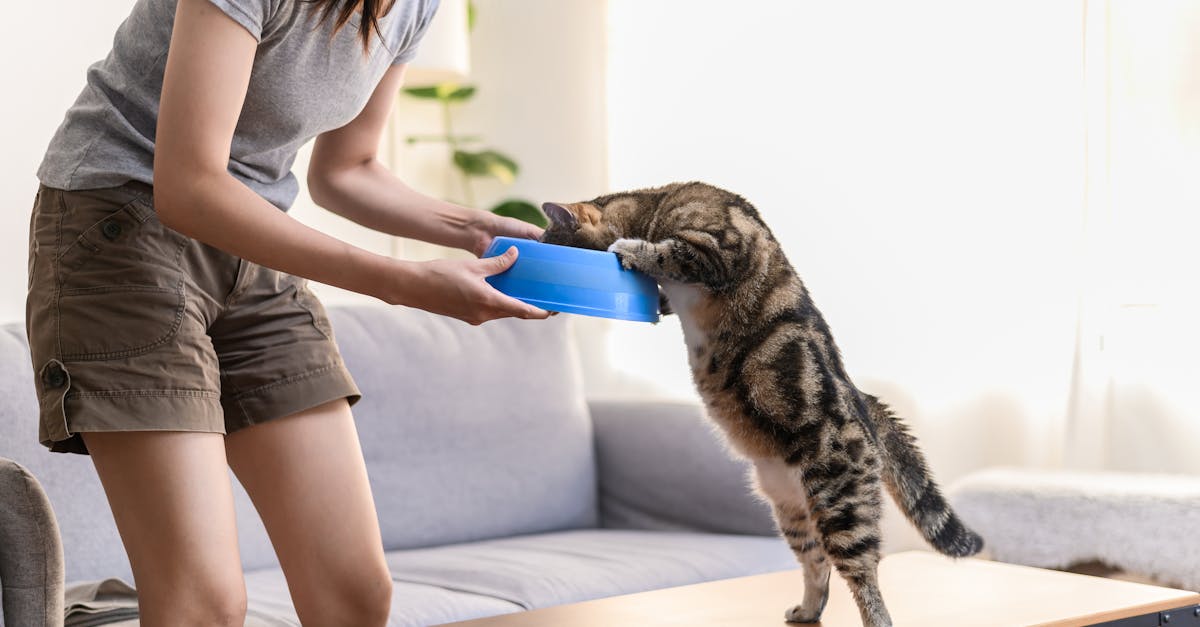Imagine if your beloved pet suddenly fell ill, and after a visit to the vet, you were handed a prescription for antibiotics. You might find this helpful and reassuring, but have you ever considered the potential dark side of these medications? In an age where antibiotics seem like a cure-all, it’s important to delve into the lesser-known consequences and implications of using these drugs on our furry friends. 🐾
The Hidden Dangers of Overprescription
The Problem with Overuse
It’s no surprise that antibiotics are a cornerstone of modern veterinary medicine. They can save lives by fighting off bacterial infections that could otherwise be fatal. However, the thing is, when antibiotics are overprescribed, they can lead to significant problems. One thing I’ve learned is that the misuse of antibiotics can contribute to antibiotic resistance, making it harder to treat infections in the future.
Antibiotic resistance occurs when bacteria evolve to resist the effects of these drugs. This can make future infections more difficult to treat, not just in pets, but in humans as well. Picture this: a simple infection that could have been easily treated becomes a life-threatening condition because the bacteria are no longer susceptible to antibiotics.
The Impact on Gut Health
Another issue that often flies under the radar is the impact of antibiotics on a pet’s gut health. Antibiotics don’t just target harmful bacteria; they also wipe out beneficial bacteria in the gut. This can lead to digestive issues, weakened immune systems, and even behavioral changes in pets. If you’re like me, you might have noticed that after a course of antibiotics, your pet’s eating habits or energy levels can change. This is because their gut flora has been disrupted.
Real-Life Stories: When Antibiotics Go Wrong
A Tale of Two Pets
Here’s a quick story to illustrate the potential pitfalls of antibiotic use. One time, a pet owner noticed that their dog, Max, had a minor ear infection. The vet prescribed antibiotics, and the infection cleared up. However, a few months later, Max developed another infection, this time more severe and resistant to the initial antibiotic. It hit me that this was a clear case of antibiotic resistance.
On the other hand, consider Bella, a cat who was given antibiotics for a urinary tract infection. While the infection cleared, Bella began experiencing severe digestive issues. After several vet visits, it was determined that the antibiotics had disrupted her gut flora, leading to chronic gastrointestinal problems.
The Lesson Learned
These stories highlight the importance of cautious and judicious use of antibiotics. If you ask me, the key takeaway is that while antibiotics can be life-saving, they should not be the first line of defense for every ailment.
Alternatives to Antibiotics: Natural Remedies and Preventative Care
Exploring Natural Remedies
If you’re like me, you might be interested in exploring natural remedies and preventative measures to keep your pets healthy. There are several alternatives to antibiotics that can be effective in treating minor infections and boosting overall health.
- Probiotics: These can help maintain a healthy balance of gut bacteria, which is crucial for your pet’s immune system.
- Herbal Remedies: Some herbs, like echinacea and goldenseal, have natural antibacterial properties and can be used to treat minor infections.
- Proper Nutrition: A balanced diet can strengthen your pet’s immune system, making them less susceptible to infections.
Preventative Care
Preventative care is another crucial aspect of reducing the need for antibiotics. Regular vet check-ups, vaccinations, and maintaining a clean environment can go a long way in preventing infections. I’ve always thought that an ounce of prevention is worth a pound of cure, and this certainly applies to pet health.
The Role of Vets: When to Question and When to Trust
Building a Trusting Relationship
It’s common knowledge that veterinarians are experts in animal health, but that doesn’t mean you shouldn’t ask questions. If your vet prescribes antibiotics, it’s important to understand why they are necessary and if there are any alternatives. I’d like to share a few questions you can ask your vet:
- Is this antibiotic absolutely necessary?
- Are there any alternatives we can try first?
- What are the potential side effects?
- How can we support my pet’s gut health during and after the antibiotic course?
Trusting Professional Judgment
While it’s important to ask questions, it’s also crucial to trust your vet’s professional judgment. They have the expertise to determine when antibiotics are necessary and when other treatments might be more appropriate. Speaking from experience, a good vet will appreciate your involvement and will be happy to discuss your pet’s treatment plan in detail.
The Future of Pet Antibiotics: What Lies Ahead?
Innovations in Veterinary Medicine
The field of veterinary medicine is constantly evolving, and there are promising developments on the horizon that could reduce our reliance on antibiotics. For example, phage therapy uses viruses that specifically target bacteria, offering a potential alternative to traditional antibiotics. Additionally, advancements in genomic medicine may lead to more personalized treatments that are less likely to contribute to antibiotic resistance.
Responsible Pet Ownership
As I see it, responsible pet ownership involves being informed and proactive about your pet’s health. This means not only relying on antibiotics when necessary but also exploring other treatment options and preventative measures. If you’re like me, you want to do everything possible to ensure your pet lives a long, healthy life.
Taking Action: What You Can Do Today
Educate Yourself
The first step in being a responsible pet owner is to educate yourself about the potential risks and benefits of antibiotics. Now you know the importance of questioning and understanding any medication prescribed to your pet.
Support Your Pet’s Health
Focus on preventative care and natural remedies to support your pet’s overall health. A strong immune system can reduce the need for antibiotics and help your pet recover more quickly from minor illnesses.
Build a Relationship with Your Vet
Develop a trusting relationship with your vet. Don’t be afraid to ask questions and discuss alternative treatments. Your vet should be your partner in ensuring the best possible care for your pet.
Final Thoughts: The Balance Between Caution and Care
In conclusion, while antibiotics are an essential tool in veterinary medicine, their overuse can lead to significant problems, including antibiotic resistance and disrupted gut health. By being informed and proactive, you can help ensure that your pet receives the best possible care without unnecessary reliance on antibiotics.
If you ask me, the key to responsible pet ownership is finding a balance between caution and care. By exploring natural remedies, focusing on preventative care, and building a strong relationship with your vet, you can help protect your pet’s health and well-being for years to come. 🐶🐱
Feel free to share your thoughts and experiences in the comments below. Your insights could help other pet owners navigate the complexities of pet antibiotics and make more informed decisions.















